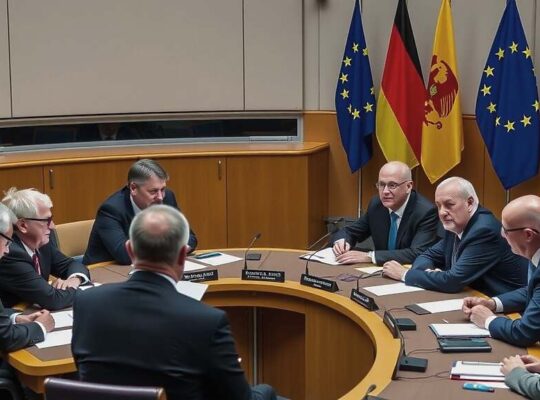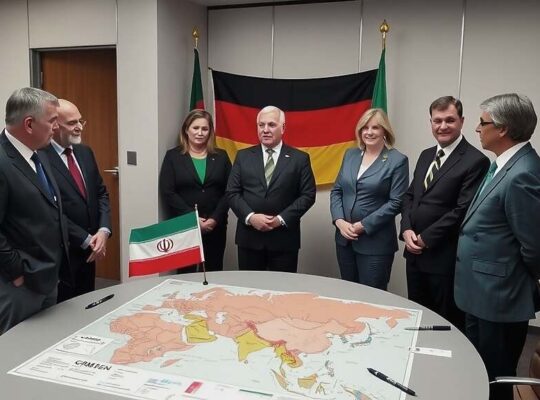The German Green Party’s leadership has lauded Environment Minister Carsten Schneider’s commitment to contribute to Brazil’s proposed Tropical Forest Forever Facility (TFFF), a move hailed as a significant departure from earlier hesitations within the ruling coalition. Felix Banaszak, the Green Party’s current chairman, commended Schneider’s pledge of one billion euros, contrasting it sharply with earlier, less enthusiastic responses from within the opposition, specifically referencing remarks attributed to Friedrich Merz.
While acknowledging the initial contribution as a positive step, Banaszak cautioned against complacency. He pointed to the substantial commitment made by Norway – a three billion euro investment – emphasizing that Germany’s contribution, while welcome, necessitates continued and robust engagement rather than self-congratulation. He stressed the need for vigilance to ensure the German government remains actively involved in shaping the facility’s development.
The TFFF, designed to financially incentivize the preservation of tropical rainforests, aims to secure approximately $125 billion in funding from both governmental and private investors. This fund would distribute income based on the amount of intact forest preserved, representing a novel approach to conservation and climate finance. A particularly crucial element of the plan dictates that at least 20% of the distributed funds must be directed towards indigenous communities, a provision seen as vital for ensuring sustainable and equitable outcomes.
However, significant questions remain about the structure and governance of the fund. The stipulation that contributors themselves dictate the rules raises concerns about potential conflicts of interest and the risk that powerful donor nations might prioritize their own agendas over the long-term ecological health and the needs of local populations. Banaszak clearly implied that Germany’s continued involvement and constructive participation in the political preparations are essential to prevent such undue influence and to ensure the TFFF ultimately delivers on its promise as a measurable success for international climate action. The success of the initiative hinges not only on financial commitment, but also on the establishment of robust environmental safeguards and genuinely participatory governance mechanisms that empower local communities and ensure accountability.












